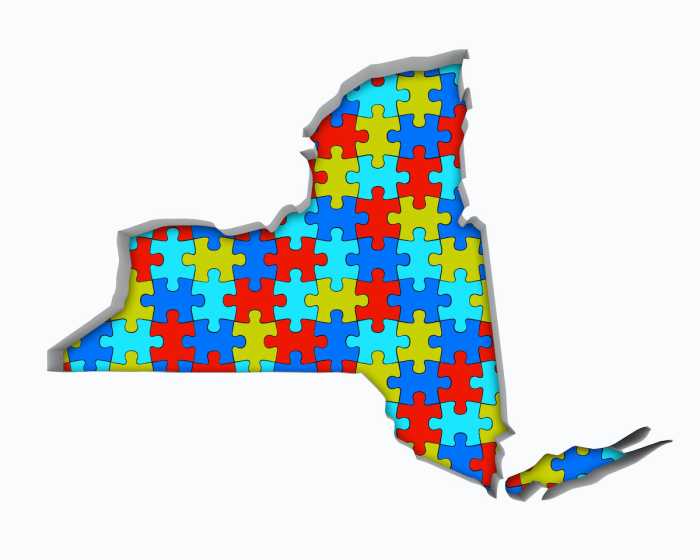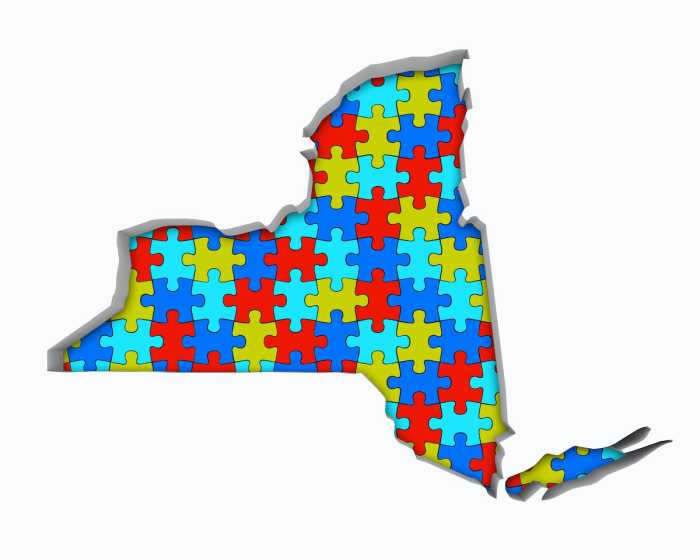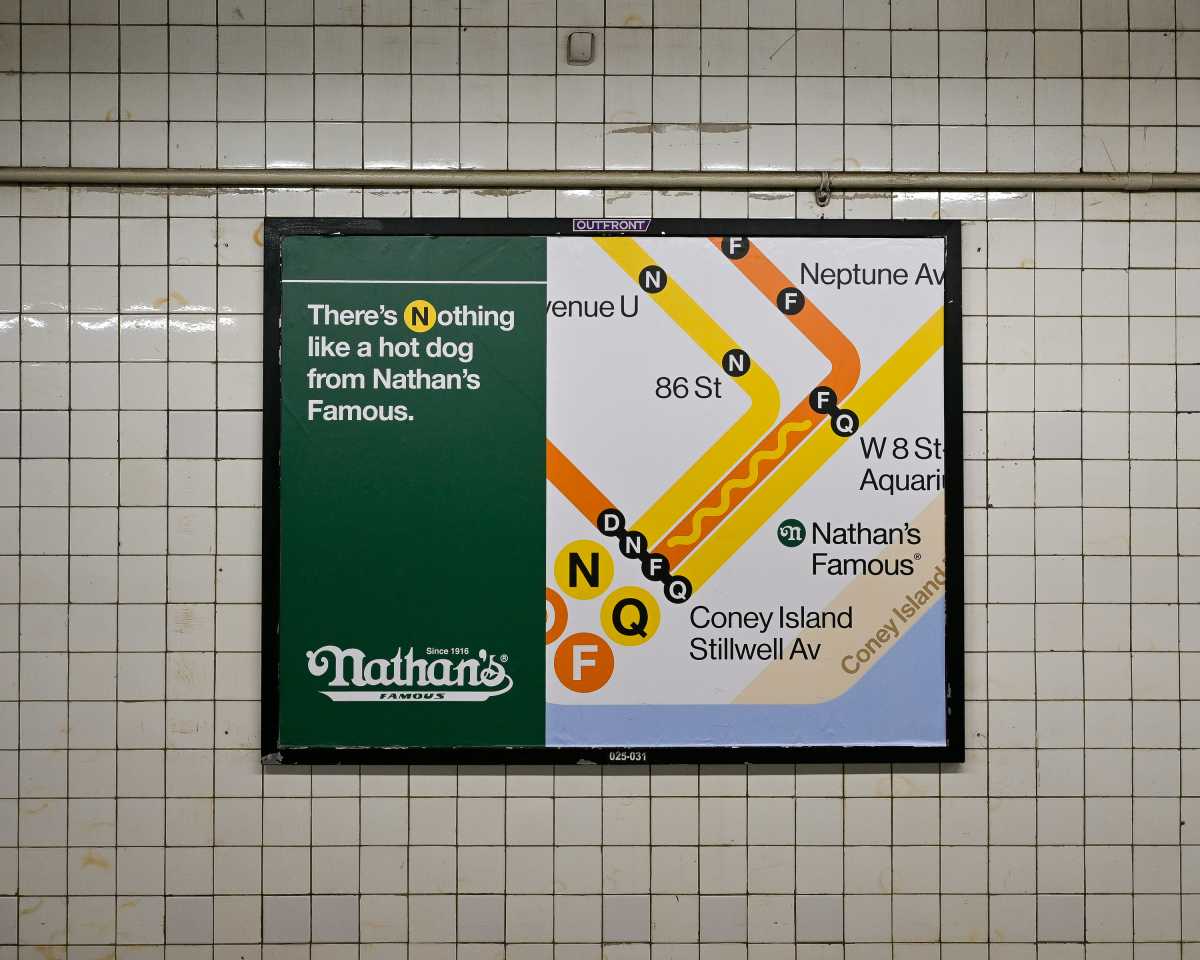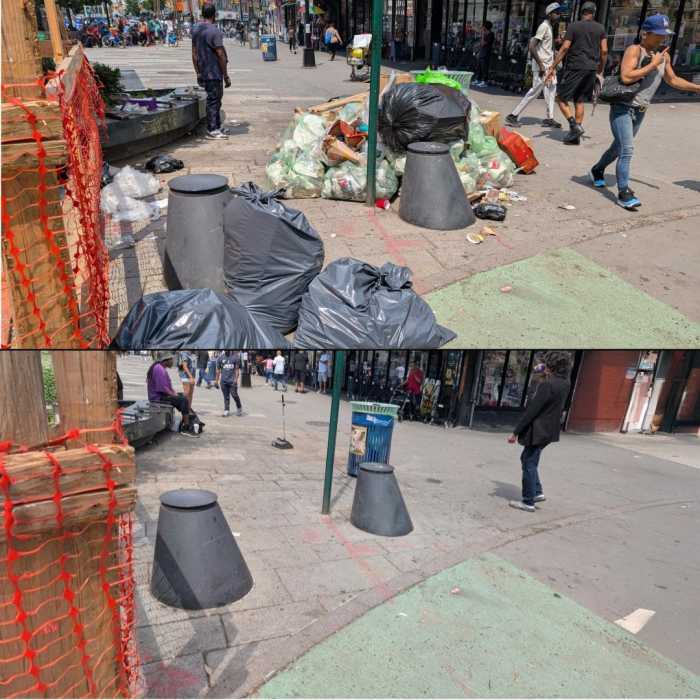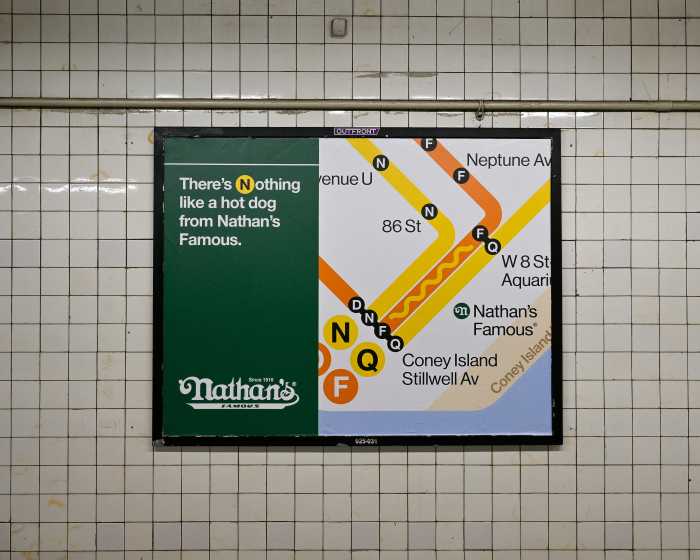A working group of the Commission to Reimagine the Future of New York’s Courts will hold hearings at opposite ends of the State in October to obtain public input regarding the Unified Court System’s pandemic-related practices and protocols. Hearings will be held at Old Erie County Hall in Buffalo on Oct. 6, and at the New York City Bar in Manhattan on Oct. 31.
A group of judges, lawyers, academics, and technology experts, the Commission convened in June 2020 to “research, analyze and make innovative proposals for the justice system of the future” through the examination of regulatory, technological, structural, and other innovations. It is chaired by Hank M. Greenberg, a shareholder at Greenberg Traurig and former president of the New York State Bar Association.
The Pandemic Practices Working Group was established to elicit testimony and comments from a broad array of court-users to ascertain which COVID-19 policies were effective and which should be retained in the post-pandemic era. The Working Group’s first public hearing was held at Court of Appeals Hall in Albany on June 7, 2022 and attracted nearly 30 presenters.
“As the pandemic recedes, we are in a unique position to evaluate the technological and other changes that were rapidly implemented to ensure the continuity of justice services during the public health crisis. Many of these innovations have opened new possibilities for the future of our courts as we seek to enhance operational efficiency while ensuring a fair, equitable justice system,” said Acting Chief Judge, Hon. Anthony Cannataro. “I am grateful to Hank Greenberg and the Working Group’s chair, Supreme Court Judge Craig J. Doran of New York’s Seventh Judicial District, for their leadership and look forward to the Working Group’s findings.”
“We saw more changes in the first two months of the pandemic than we saw in 200 years of law practice and judicial decision-making. The court system can learn from pandemic lessons and build on the technological improvements and innovations that were successful. A critical step in that process is to elicit the views of stakeholders across the state,” Greenberg said.
Judge Doran said the Working Group’s highly successful June hearing in Albany provided invaluable insight, but now “it’s time to take this show on the road.”
“In order to get the most complete picture of how pandemic practices impacted—positively or negatively—court operations, we need to hear from people across the state,” Judge Doran added. “The experience in metropolitan New York City may well have been different than the experience in Western New York, and the experience in the Capital Region was also unique. To get the full picture, we need to hear from people in every region.”
Topics for testimony may include:
- The impact of court-adopted Covid-19 technology, practices/protocols and policy on the fair and efficient administration of justice in the state courts, including the use of remote technologies as well as modified in-person procedures for court proceedings.
- The ways in which pandemic practices impacted the efficacy of the New York State courts in providing comprehensive, timely and accessible legal services, including language access, to all litigants.
- New or reimagined uses for technology to improve efficiency and access to justice.
- Blending in-person and virtual practices to meet the varied needs of different court users.
- The importance of meeting the needs of New Yorkers without consistent access to the technology required for virtual court proceedings, and those who are not familiar with using such technology.
- The impact of pandemic practices on the work of counsel, judges and court staff.
- The use of technology to make courts more accessible for New Yorkers with limited mobility, who live in rural areas, who have childcare obligations, or who otherwise may struggle to attend court proceedings in person.
- The need for increased instruction and training on the use of technology for courtroom proceedings, for both litigants and legal services providers.
The Working Group seeks input from all stakeholders of the New York State courts, including litigants, the bar, legal services providers, judges, court staff, community groups, law enforcement, judicial and bar associations, and other government and non-government entities. Additionally, the Commission is hosting a series of Remote Listening Sessions. A full listing is available online at website.
For more information about the Pandemic Practices Working Group or to request an opportunity to provide testimony at the Buffalo hearing or the Manhattan hearing, please email: PPWG@nycourts.gov. Further information about the Commission and its work is available at: https://www.nycourts.gov/reimagine-the-future/mission.shtm




